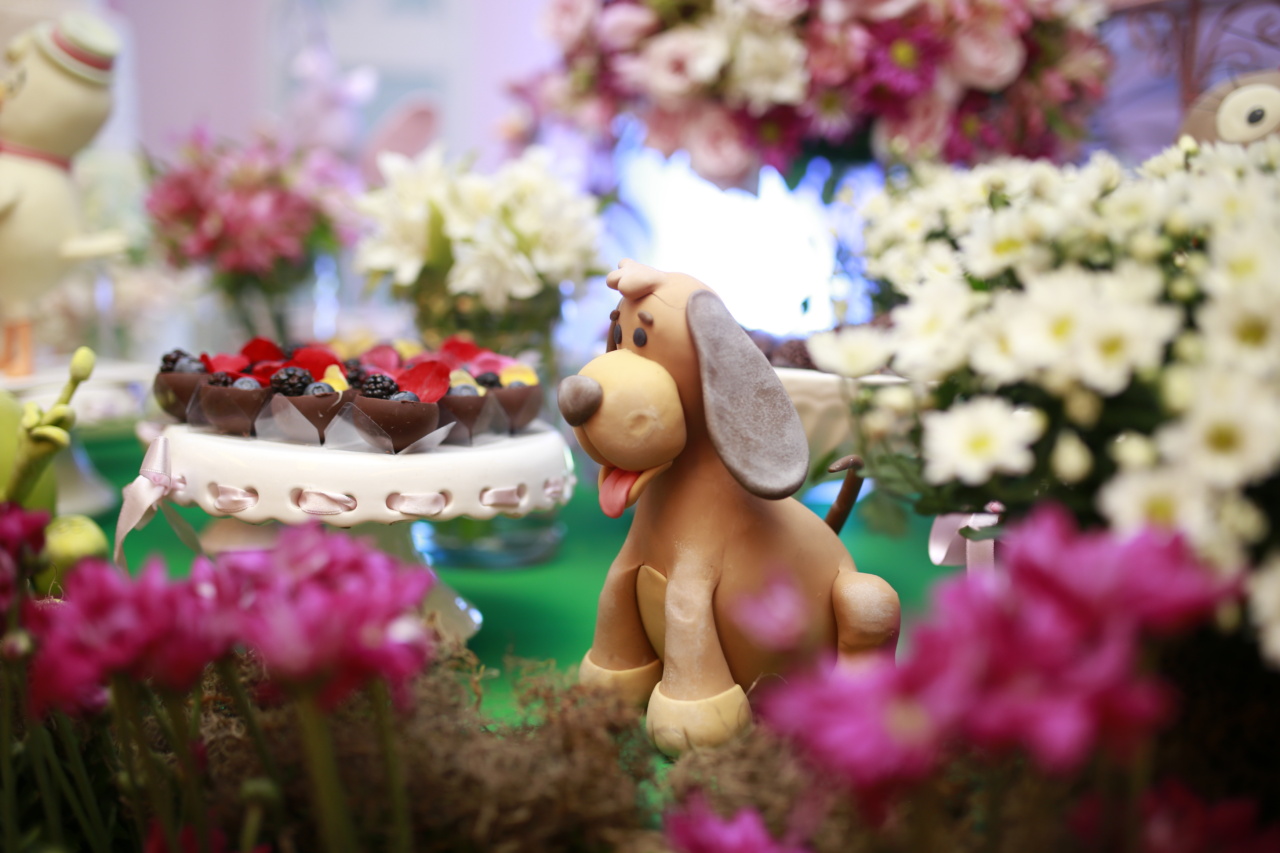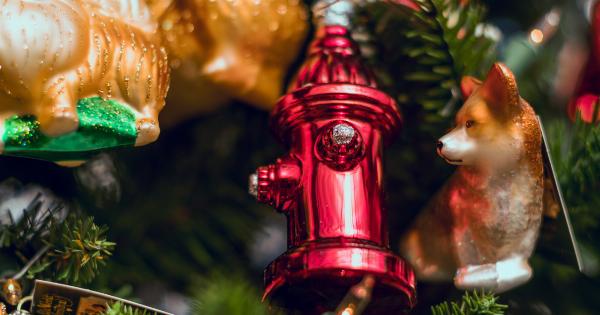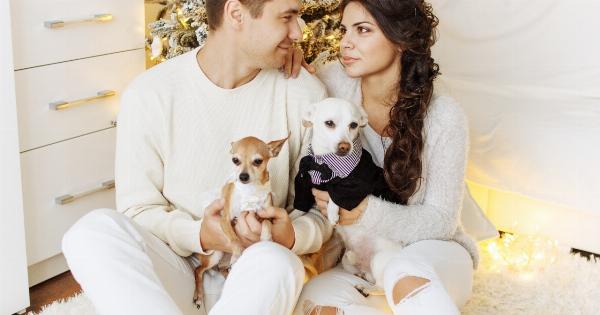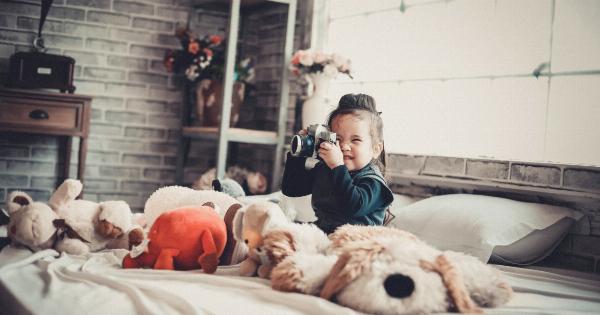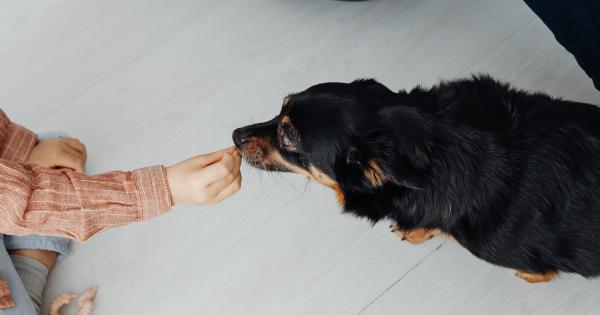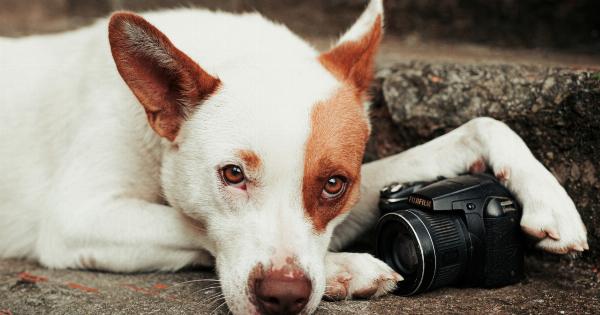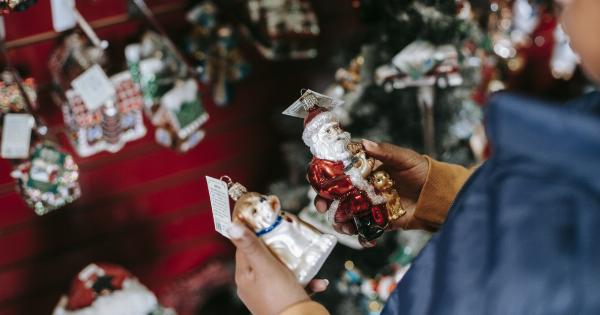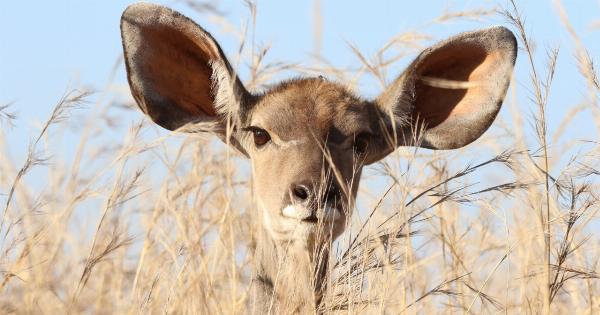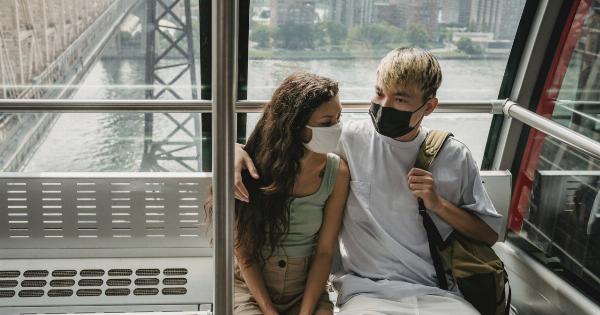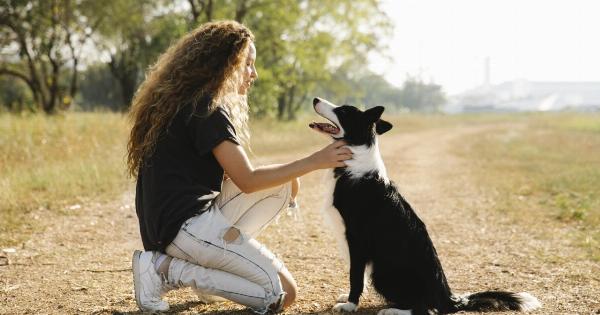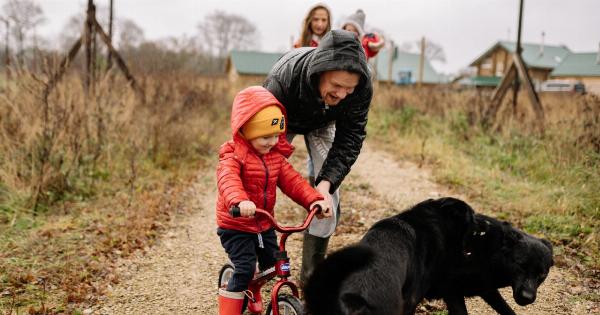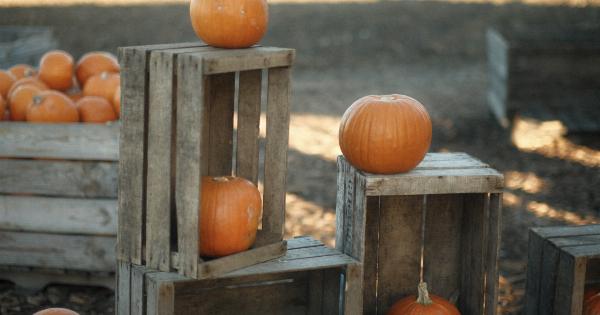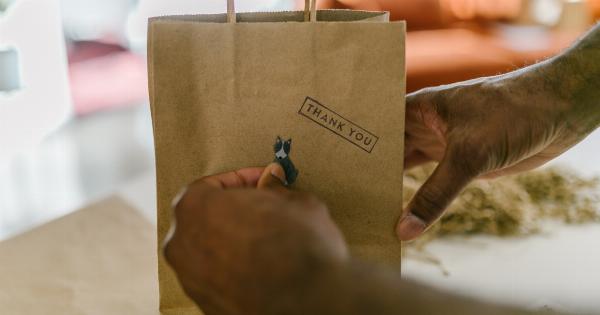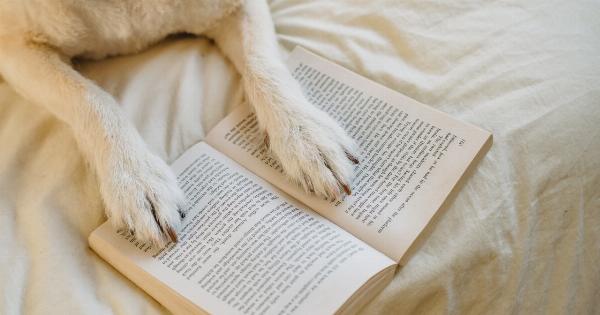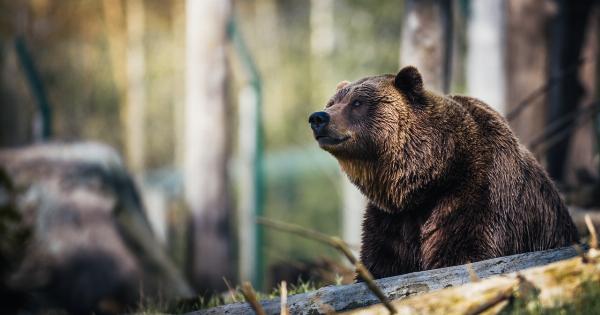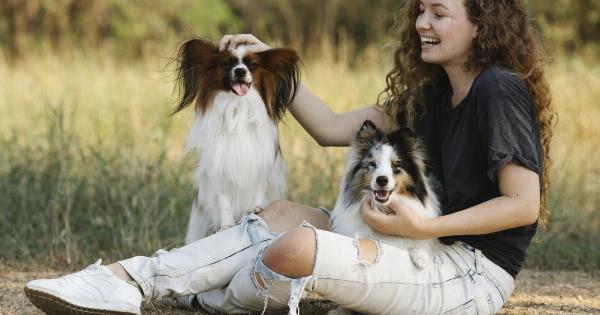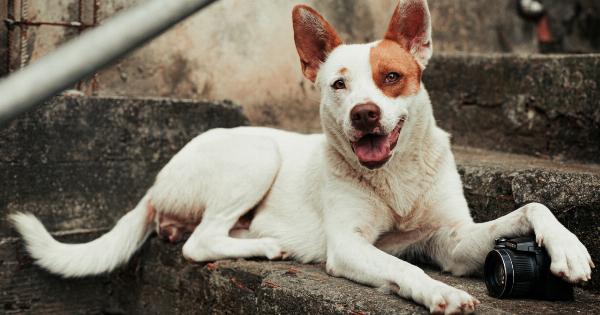Easter is a festive time filled with joy and excitement. However, amidst all the celebrations, it is important to ensure the well-being of our furry friends. Dogs are susceptible to anxiety, particularly during unfamiliar or noisy events.
As responsible pet owners, it is crucial to take proactive measures to prevent dog anxiety during Easter festivities. In this article, we will discuss various strategies and tips for keeping our four-legged companions calm and relaxed during this festive season.
Understanding Dog Anxiety
Dog anxiety can manifest in different ways, such as excessive barking, restlessness, destructive behavior, urinating or defecating indoors, trembling, or attempting to escape.
It’s essential to understand the root causes of anxiety in dogs before diving into preventive measures.
Create a Safe Space
Dogs, like humans, need a safe and comfortable place to retreat to when they feel overwhelmed. Set up a designated area in your home where your dog can relax and feel secure during Easter festivities.
This area should include their bed, favorite toys, and water bowl.
Keep Decorations Out of Reach
Easter decorations, such as plastic eggs, artificial grass, or small toys, can be tempting for dogs to chew on or swallow. Ensure all decorations are placed well out of your dog’s reach to prevent any accidents or potential health issues.
Avoid Toxic Foods
During Easter, there are many delicious foods that are toxic to dogs. Chocolate, in particular, can be extremely harmful and potentially fatal.
Keep all chocolates and other toxic foods, such as grapes, raisins, onions, or alcohol, well secured and away from your dog’s reach.
Consider Alternative Treats
Easter can be a time when people indulge in various sweet treats. However, sharing these goodies with your dog is not always a good idea.
Instead, consider offering your dog safe and healthy alternatives, such as special dog treats or homemade treats made specifically for them.
Stick to a Routine
Dogs thrive on routine, and any sudden changes can trigger anxiety. Stick to your dog’s regular feeding, walking, and playtime schedule to provide them with a sense of stability. If you need to make adjustments, do so gradually.
Provide Mental and Physical Stimulation
A bored dog is more likely to exhibit anxious behavior. Engage your dog in mentally stimulating activities, such as puzzle toys or treat-dispensing toys, to keep their mind occupied.
Additionally, ensure they receive enough physical exercise to release any pent-up energy.
Practice Desensitization
If your dog has displayed anxiety during previous Easter celebrations, it is beneficial to desensitize them to the triggers gradually. Expose them to the sounds, sights, and smells associated with the festivities in a controlled and positive manner.
Reward them for staying calm and gradually increase the intensity of exposure.
Avoid Loud Noises
Loud noises, such as fireworks or loud music, can cause distress and anxiety in dogs. During Easter celebrations, it is advisable to keep your dog in a quiet and secure area, away from excessive noise.
Consider using white noise machines or calming music to drown out any loud sounds.
Seek Professional Help
If your dog’s anxiety persists or worsens despite your best efforts, it may be beneficial to seek professional help.
A veterinarian or a dog behaviorist can assess your dog’s anxiety levels and provide you with professional guidance and techniques tailored to your dog’s specific needs.
Conclusion
Easter festivities can be overwhelming for our beloved canine companions, leading to anxiety and stress. However, with proper planning and proactive measures, we can create a calm and safe environment for our dogs during this joyous time.
By understanding their anxieties, providing designated safe spaces, avoiding toxic foods, and maintaining routines, we can help prevent and alleviate dog anxiety during Easter celebrations. Let’s ensure that our furry friends can enjoy this festive season alongside us in a stress-free and happy manner.
